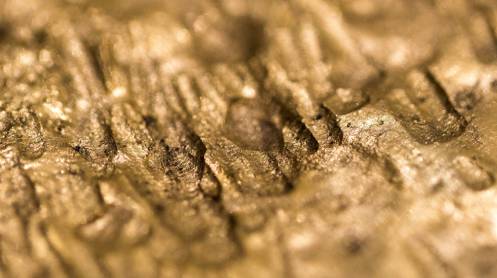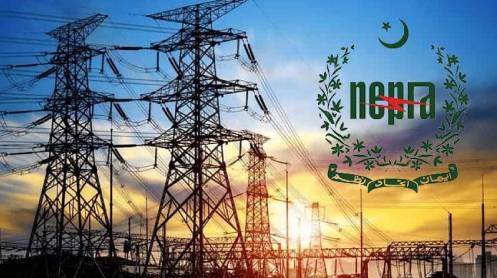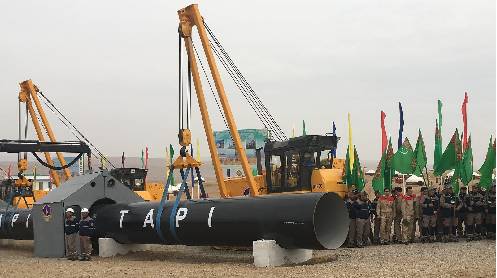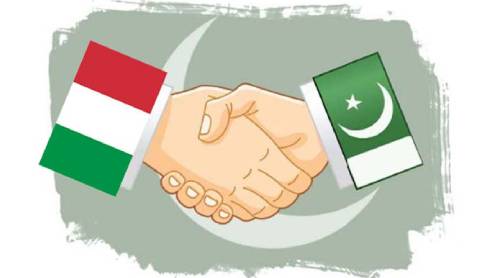TORONTO: Barrick Gold’s top executive says it’s not just Saudi Arabia interested in his company’s massive copper project in Pakistan — some major mining companies are, too, Bloomberg News reported.
The Canadian miner’s $7-billion Reko Diq project in Balochistan — a region bordering Afghanistan and Iran — boasts one of the world’s largest copper deposits and could become a major source of the wiring metal. Barrick is the only mining company that hasn’t shied away from the project’s risky geography, after Chilean miner Antofagasta Plc sold its stake in the project last year.
Now, Barrick Chief Executive Officer Mark Bristow said he’s seeing newfound “interest” from multinational mining firms that have been hesitant to venture into tricky regions of the world.
“They have an interest,” Bristow said in a Tuesday interview at the Denver Gold Forum. “Of course, they’re a lot more conservative than I am, but as we open up these areas, whatever way you look at copper, there’s not enough of it.” Bristow declined to elaborate on what he meant by interest.
Large metals producers are scouring the world for copper assets as demand for battery metals accelerates to underpin the global transition to cleaner energy. BHP Group, Rio Tinto Group and Glencore are actively looking to increase their copper exposure while gold majors like Barrick and Newmont Corp. have made moves to boost output of the industrial metal.
Reko Diq has attracted interest from Saudi Arabia, whose presence could serve to stabilize the project in a contentious part of the world. Bloomberg previously reported that the Saudis held talks about investing in the development.
“We would not have have a problem if Saudi Arabia and Pakistan came to an agreement” on a stake, Bristow said. “The Saudis are very interested in participating.”
Last month Barrick said it was open to bringing in Saudi Arabia’s wealth fund as one of its partners in the Reko Diq project but has dismissed reports it was in talks with fellow Canadian miner First Quantum Minerals on a possible acquisition.
Barrick won’t be diluting its equity in the project but “will not mind” if Saudi Arabia’s Public Investment Fund (PIF) wants to buy out the equity of the Pakistan government, Bristow had said in a Reuters interview.
“There is a strong relationship between Saudi and Pakistan and since we control the project we have the first right of refusal,” the CEO added, saying Barrick would supportPIF coming into the mine through Pakistan’s 25 percent equity stake.
In an out of court agreement last year, Barrick Gold ended a long-running dispute with Pakistan, and agreed to restart development on the mine. Under the deal, the company withdrew its case in an international arbitration court, which had slapped a penalty of $11 billion on Pakistan for suspending the contracts of the company and its partners in 2011.
The company’s license to mine the untapped deposits was canceled after the Supreme Court ruled illegal the award granted to it and its partner, Chile’s Antofagasta. Antofagasta had agreed to exit the project, saying its growth strategy was focused on production of copper and by-products in the Americas. Pakistan’s mineral-rich province of Balochistan is home to separatist militants who have engaged in insurgency against the government for decades, demanding a greater share of the region’s resources.





